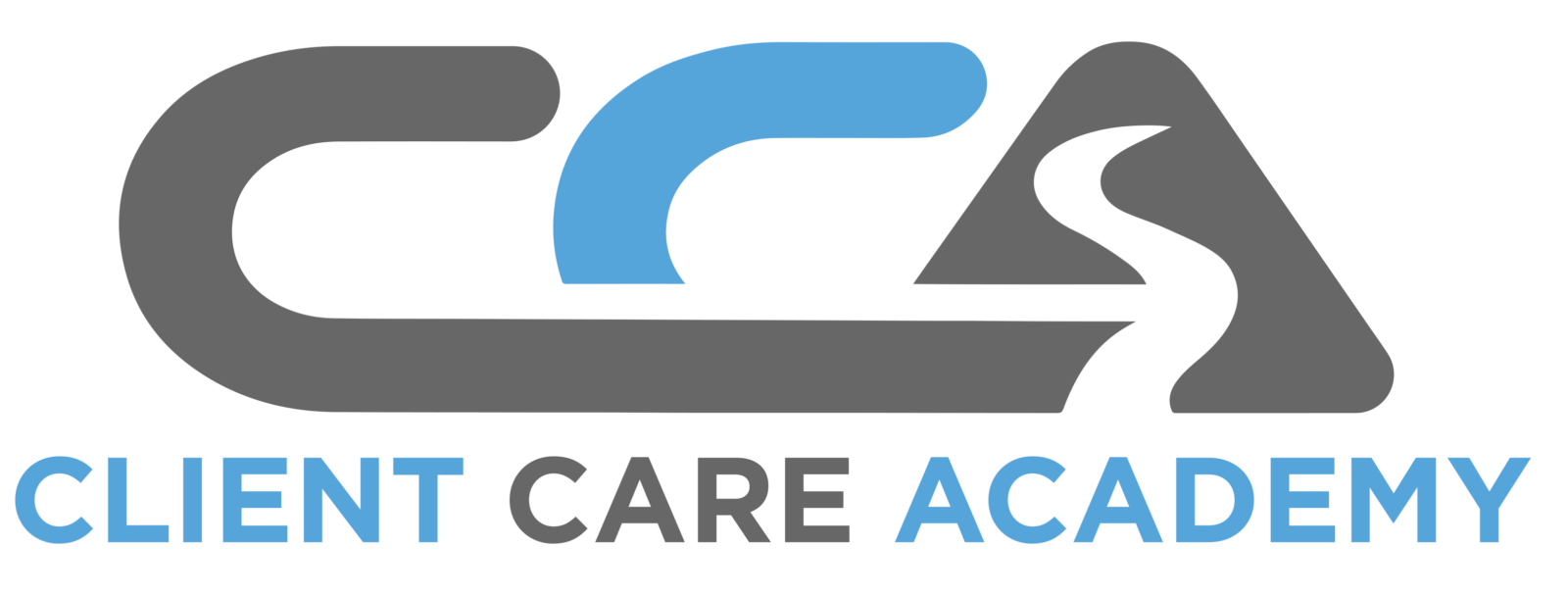We’ve been to Symposium before, but this time, it was different. The level of excitement and interest about the Client Care Academy, the book (How an Ordinary Lawyer Creates and Sustains an Extraordinary Client Care Program) and the two upcoming workshops –one in September and a second in November—generated a lot of attention and excitement.
Here’s what we think is happening:
Younger estate planning attorneys are questioning the traditional way that estate planning is practiced. The idea of pumping out as many sets of estate plans as they can, for as many clients as they can, is losing favor. After all, did they go to law school to be push documents, or to be trusted advisors to families?
The attorneys who are coming up through the ranks are eager to make a change to how the “old guard” practices. They grew up with the internet, the use of search engines and online shopping. They are also keenly aware of how easy it is for the unsophisticated legal services consumer to surf the web and come up with a set of free legal documents.
As attorneys, we know how these online documents can lead to a host of problems, expenses and delays in settling an estate after a loved one has passed. But a generation that is accustomed to living online may not understand that. Thus, we have the commoditization of estate planning.
We believe that if clients come to understand why they need an estate plan, which they only get when they’ve worked it through themselves –that’s part of what we teach in the Client Care Academy—then the attorney becomes the trusted advisor to the family. That starts a long-term relationship that is mutually beneficial, self-selects A-list clients and results in a successful practice.
Here’s a look at what makes this different.
Let’s say you meet with a client for the first time. You’re using a good intake system, so you already have qualified the client, received some preliminary information about them, and now it’s time for a face-to-face. It’s time to ask the client why they have come to your office.
We start with something that most clients aren’t expecting: “Why are you here, and what do you think we may be able to do for you?”
This question catches clients off guard. They have to think about and articulate why they are in the estate planning attorney’s office. It also poses a challenge, because most clients expected to sit passively while the attorney ran the meeting.
Once they pause, invariably they’ll say they are in the office for some kind of document. Most say they have come for a will. At time point, most attorneys respond by asking who the executor should be, and if there are minor children, who their guardian should be. They think we’ll draft a document, they’ll sign it, and leave.
Not in our office.
We continue to ask questions. What do you think this document will do for your family? This is another shift—the client wasn’t expecting this. They have to think about what the document will do. Now they are an active participant in the estate planning interview.
Based on their answer, we know a few things. Likely they think the goal of a will is to help them avoid probate. They don’t understand that the will is the thing that will lead to what they want to avoid. They don’t really understand the point or possibilities of an estate plan.
After all, unless you’ve gone to law school and practiced estate planning, chances are you don’t understand estate planning. Why should we assume that that clients know this?
We keep asking questions, follow-up questions that are designed to drill down into the weeds, to find out what it is they want to achieve from estate planning. *
It is only when the client understands, through a guided process, what they want to achieve, that we can begin to create a relationship and an estate plan.
If this sounds like how you’d like to practice law, we invite you to learn more at the Client Care Academy website. Consider joining us for one of this fall’s workshops—prices will be going up in 2019, so this is a good time to register. Or check out my book – some attorneys start their own client care program with the book alone, although most prefer to come to the workshop.
Either way, we’re excited about transforming the estate planning culture!
*See Chapter VI, page 39, in How an Ordinary Lawyer…




